Responding to the emergence of Zika in the US, researchers investigated what type of repellent works best to reduce your odds of a mosquito bite from Aedes aegypti, the mosquito species that spreads the Zika virus.
Scientists from the Department of Biology at New Mexico State University used a wind tunnel and flow-through cage to test how well the mosquito repellents in your backpack or medicine chest work. According to their study, published in the Journal of Insect Science, they tested what products you could use to protect yourself from Zika and other mosquito-borne disease.
While the study focused on the mosquito that spreads Zika, several types of mosquitoes spread other diseases that impact Americans, including West Nile virus, dengue fever, and the Chikungunya virus. Many people suffer no symptoms when infected by the Zika virus. Despite this, the infection has serious implications for women and men interested in starting a family.
Avoid Mosquito-Borne Disease When You Can
Mosquitoes locate human meals by using their olfactory ability, or sense of smell. Certain smells, cues, and even the scent of bacteria that populate your skin can be mosquito attractants.
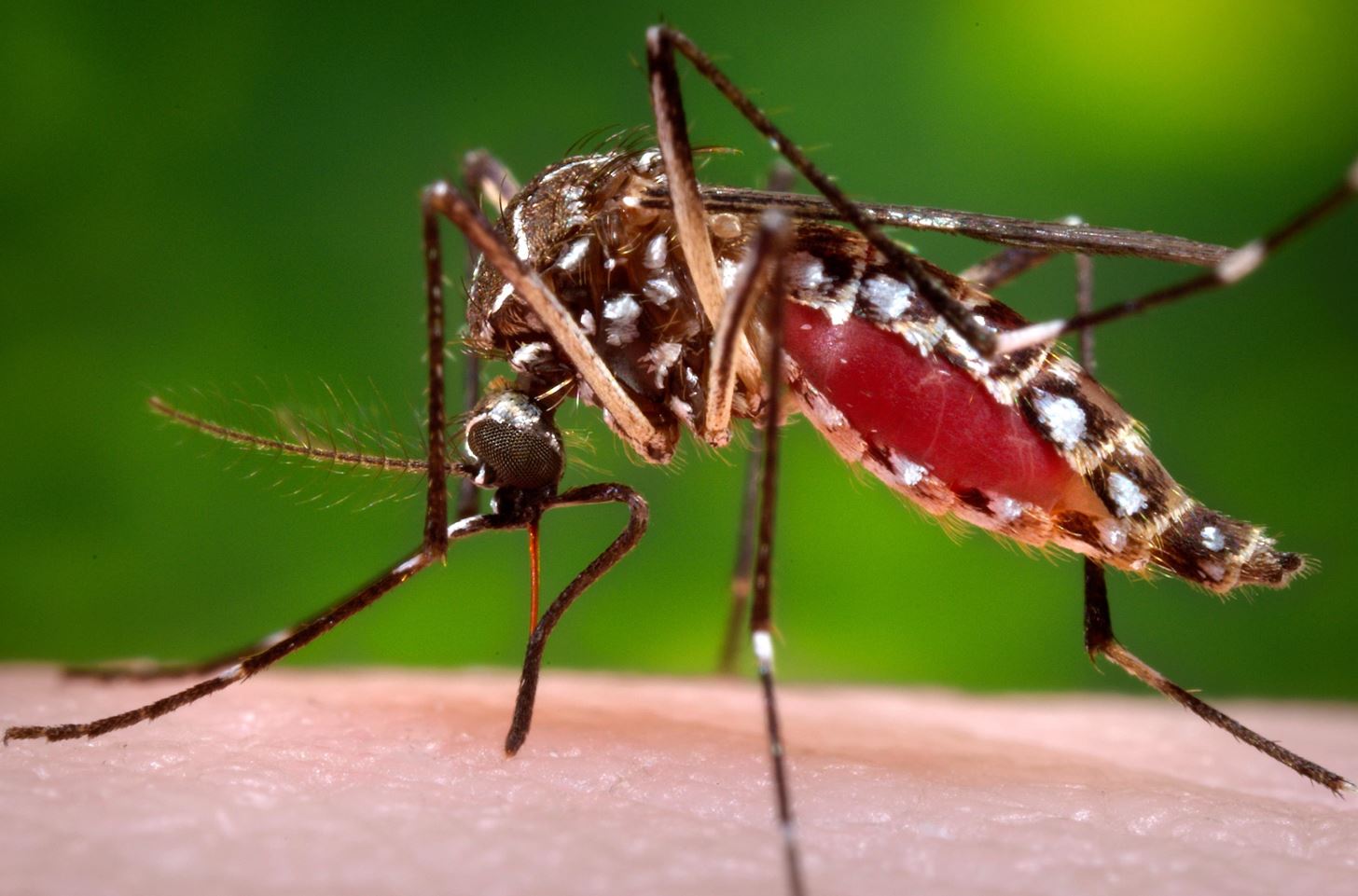
To find out what repellents were most effective, researchers posted a volunteer at varying distances from a cage housing female mosquitoes. The volunteer was placed upwind of a low-speed wind tunnel that simulated a breeze toward the caged mosquitoes. Scientists then counted the number of mosquitoes that moved toward the volunteer in response to five wearable devices, five spray-on repellents, and one citronella candle.
What Repels Mosquitoes Best? Sprays with DEET or PMD
For this experiment, volunteers did not bathe, or use personal hygiene products, within 15 hours of each segment of the study. As each product was evaluated, researchers counted the number of mosquitoes attracted during a 15 minute time period. The products tested were purchased at local grocery stores or from Amazon.com. The results?
The wearable devices tested in this study included:
- OFF! Clip-on (fogger)
- PIC Personal Sonic Mosquito Repeller (speaker)
- Mosquitono (bracelet)
- Mosquitavert (bracelet)
- Invisaband (bracelet)
With the exception of the OFF! Clip-on fogger, the wearable devices did not deter mosquitoes from their quest for human blood. Scientists suggest the sound device appeared to increase biting activity. Study authors wrote:
None of the bracelets we tested caused any significant reduction in mosquito attraction. Although the active ingredients in some bracelets may be mosquito repellents, we hypothesize that the concentrations that are emitted by all of the bracelets that we tested were too low to have an effect. Based on our results, we conclude that these bracelets in general do not offer adequate protection from mosquito bites.
The OFF! fogger was the only wearable that produced results in this study, where it "killed 100% of the mosquitoes" in each test.
These were the spray-on repellents that were tested:
- Kids Herbal Armor (mix of herbal oils)
- Cutter Lemon Eucalyptus (between 30-65% PMD)
- Avon Skin-So-Soft Bug Guard Plus Picardin
- Repel Sportsmen Max Formula (40% DEET)
- Ben's Tick & Insect Repellent (98% DEET)
At a distance of one meter, the products that contained either 98% DEET or 30% oil of lemon eucalyptus (also called PMD, or para-menthane-3,8-diol) repelled mosquitoes. At a distance of three meters, only the product containing 98% DEET was effective in repelling mosquitoes.

The Cutter Citro Guard candle actually increased the numbers of mosquitoes interested in the human bait.
"While the labels of many products make strong claims, some products simply don't work," Stacy Rodriguez, of New Mexico State University, said in a press release. (She has run similar experiments in the past.) "These findings are extremely important for consumers because they need to be aware that there are mosquito repellent products available that are ineffective."
On the importance of repellant, Rodriguez noted to Invisiverse:
It is just as important to wear insect repellent as it is to wear sunscreen. Sunscreen is important when the sun is shining, repellents are important during mosquito season and especially when there is a mosquito-borne disease outbreak in the area.
Since there has been a prevalence of both Zika and West Nile in the United States, we really need to take an active role on an individual level to protect ourselves.
The bottom line? Using repellents properly can help you avoid serious diseases carried by mosquitoes and ticks. In this study, spray-on products with sufficiently high concentrations of DEET and PMD were effective against this particular mosquito, when used as directed.
When using any repellent, be sure to read the label. The safety of DEET has been questioned for years, and lab studies suggest it can affect the nervous system of rats, even as some people report dizziness, rashes, and headaches while using the product. The oil of an Australian eucalyptus tree is refined to create PMD, and the Centers for Disease Control and Prevention does not recommend PMD for children under three years of age. Remember, natural ingredients do not ensure the ingredient is safe.
Reducing the number of mosquito bites reduces risk to you, and loved ones. When you spend time outdoors, do your part to deprive mosquitoes of a meal, choose a repellent that works for you, and reapply as needed.
Just updated your iPhone? You'll find new emoji, enhanced security, podcast transcripts, Apple Cash virtual numbers, and other useful features. There are even new additions hidden within Safari. Find out what's new and changed on your iPhone with the iOS 17.4 update.
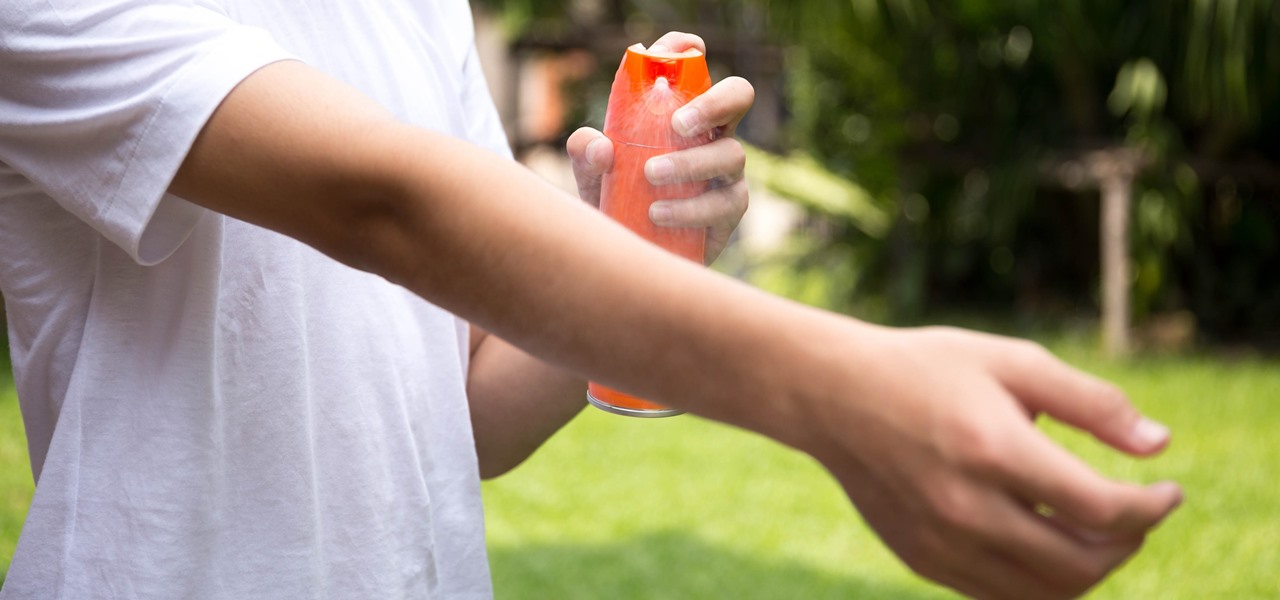


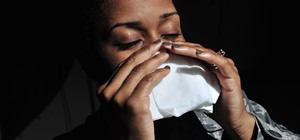
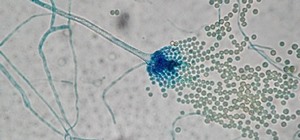
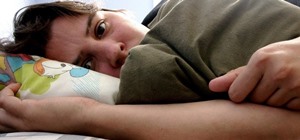

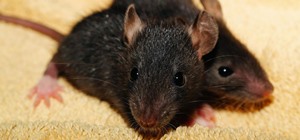
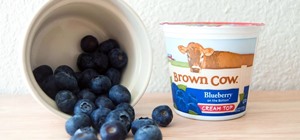
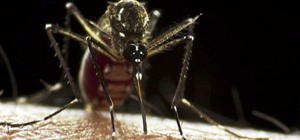
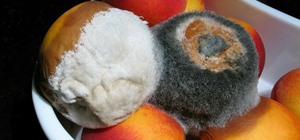




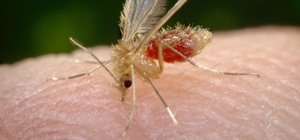


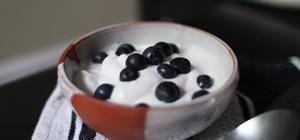


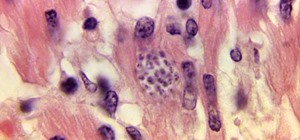




Be the First to Comment
Share Your Thoughts